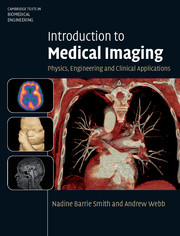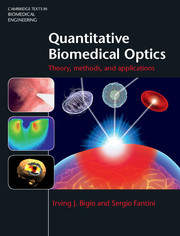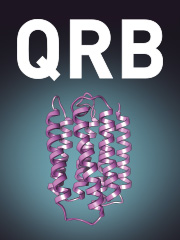Complex Webs
Complex Webs synthesises modern mathematical developments with a broad range of complex network applications of interest to the engineer and system scientist, presenting the common principles, algorithms, and tools governing network behaviour, dynamics, and complexity. The authors investigate multiple mathematical approaches to inverse power laws and expose the myth of normal statistics to describe natural and man-made networks. Richly illustrated throughout with real-world examples including cell phone use, accessing the Internet, failure of power grids, measures of health and disease, distribution of wealth, and many other familiar phenomena from physiology, bioengineering, biophysics, and informational and social networks, this book makes thought-provoking reading. With explanations of phenomena, diagrams, end-of-chapter problems, and worked examples, it is ideal for advanced undergraduate and graduate students in engineering and the life, social, and physical sciences. It is also a perfect introduction for researchers who are interested in this exciting new way of viewing dynamic networks.
- Brings together the dynamical properties of networks at a sophisticated mathematical level
- Includes a large number of real-world webs that have inverse power-law distributions, exposing the myth of normal statistics to describe real-world webs
- Explores the multiple mathematical approaches to inverse power-laws, revealing the mechanisms responsible for complex webs
Reviews & endorsements
"Complex Webs is mathematically rigorous, data rich, and entertaining...Complex Webs presents a distinctive perspective that makes it stand out. I strongly recommend this remarkable book to those interested in learning the mathematical underpinnings of the science of networks and, more importantly, to those thinking of teaching a course in it." H. Eugene Stanley, PhysicsToday
Product details
February 2011Hardback
9780521113663
386 pages
254 × 179 × 22 mm
0.9kg
110 b/w illus. 6 tables 27 exercises
Available
Table of Contents
- 1. Webs
- 2. Webs, trees and branches
- 3. Mostly linear dynamics
- 4. Random walks and chaos
- 5. Non-analytic dynamics
- 6. Brief recent history of webs
- 7. Dynamics of chance
- 8. Synopsis.






